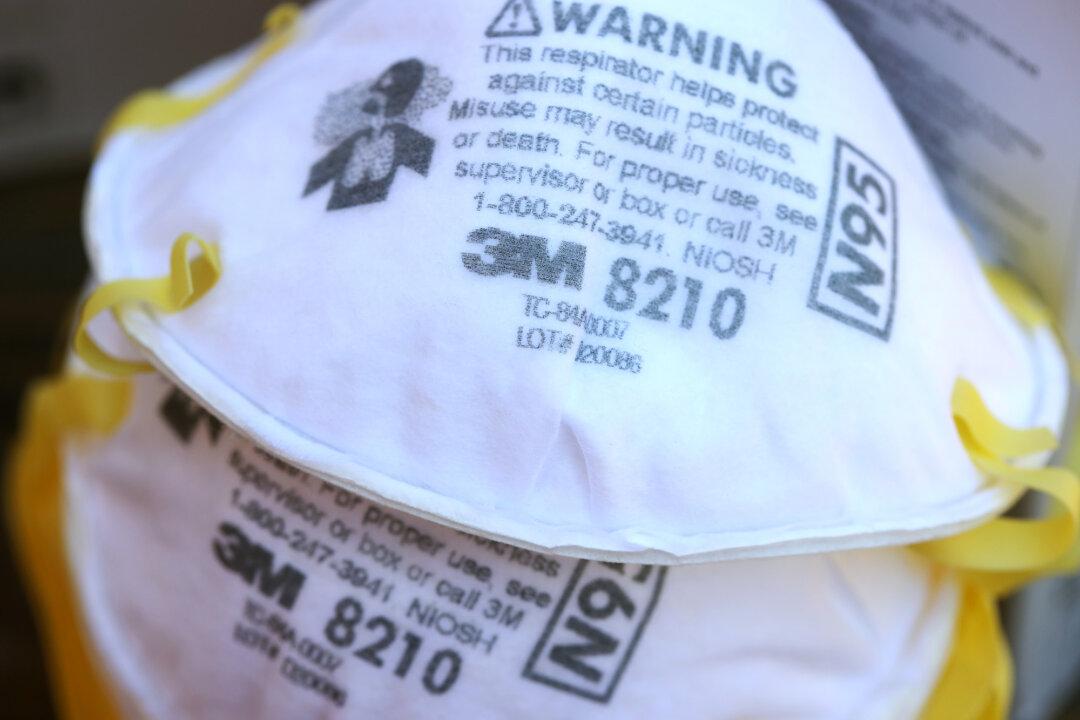The Queensland government has introduced free, mandatory lung health checks for mineworkers while aiming to reduce dust levels at coal and silica mines—the cause of black lung disease and silicosis.
The mandatory health checks are already in place for coal workers and will extend to the state’s 15,000 metalliferous mine and quarry workers from today.





